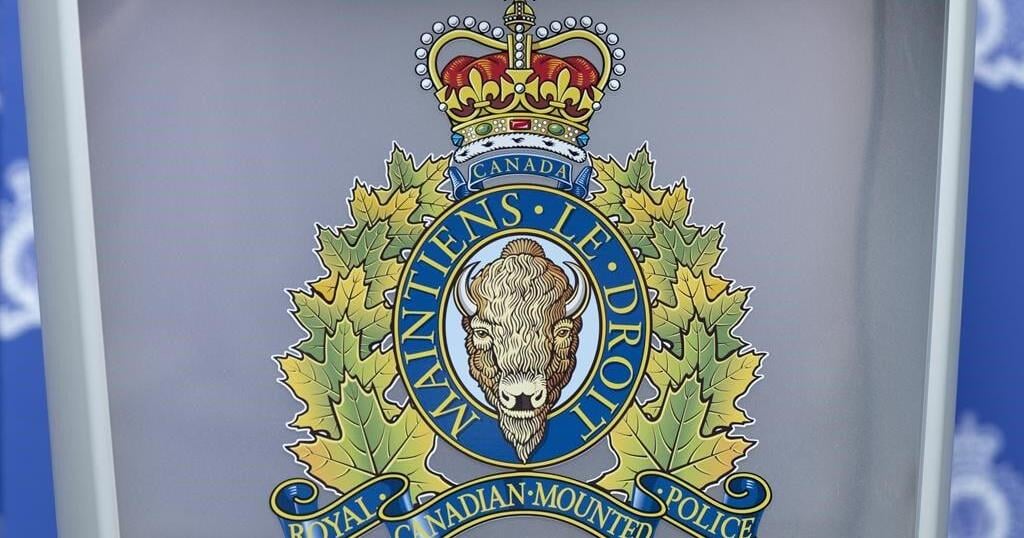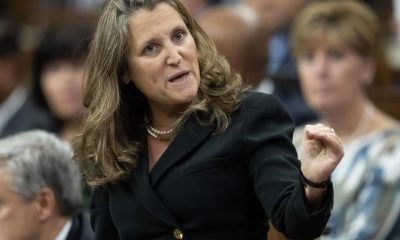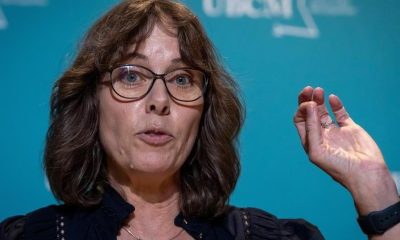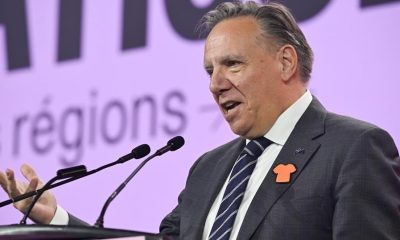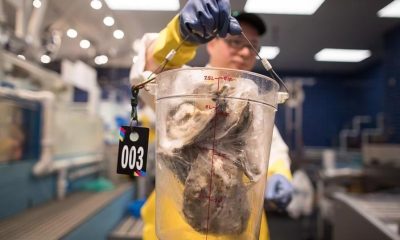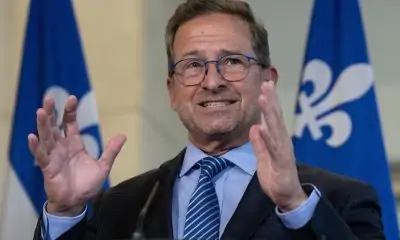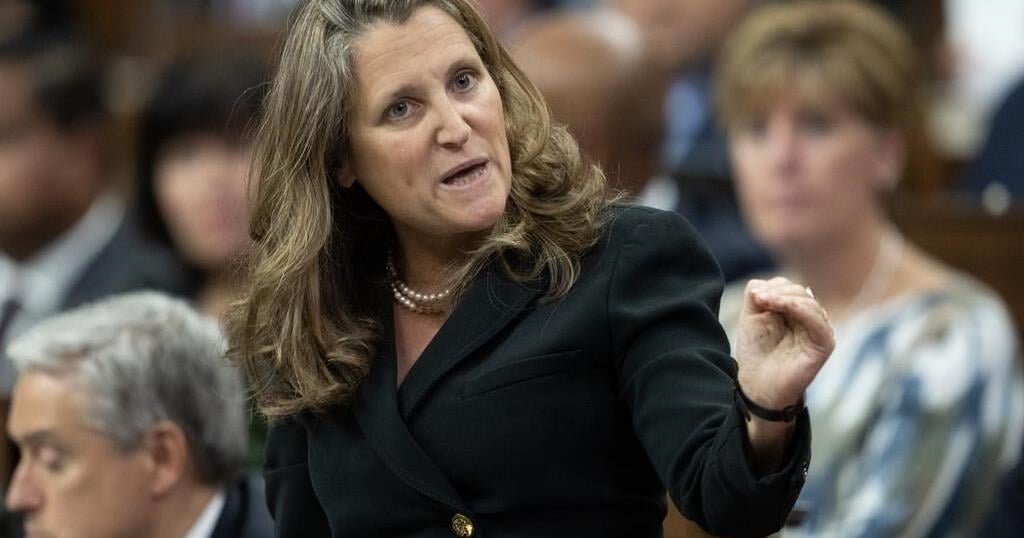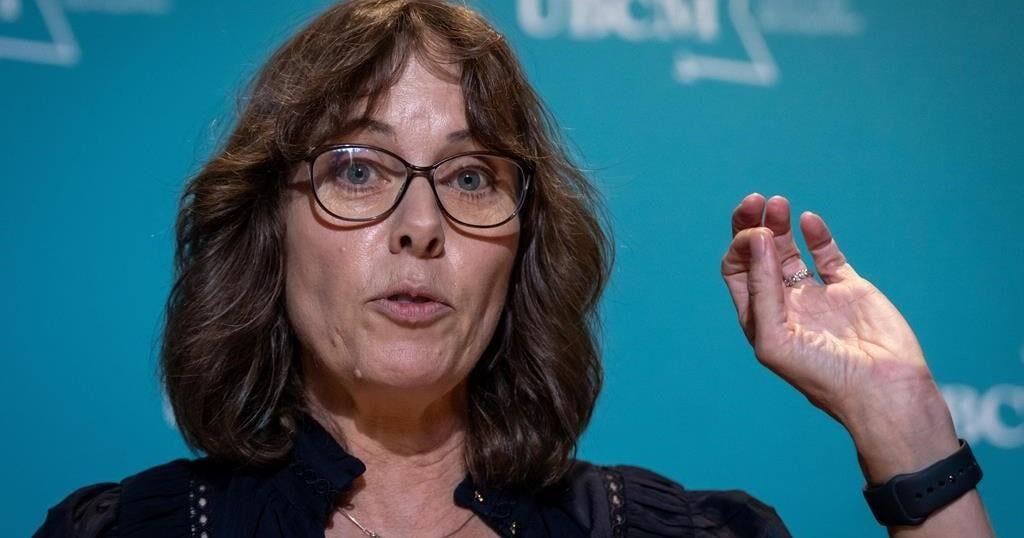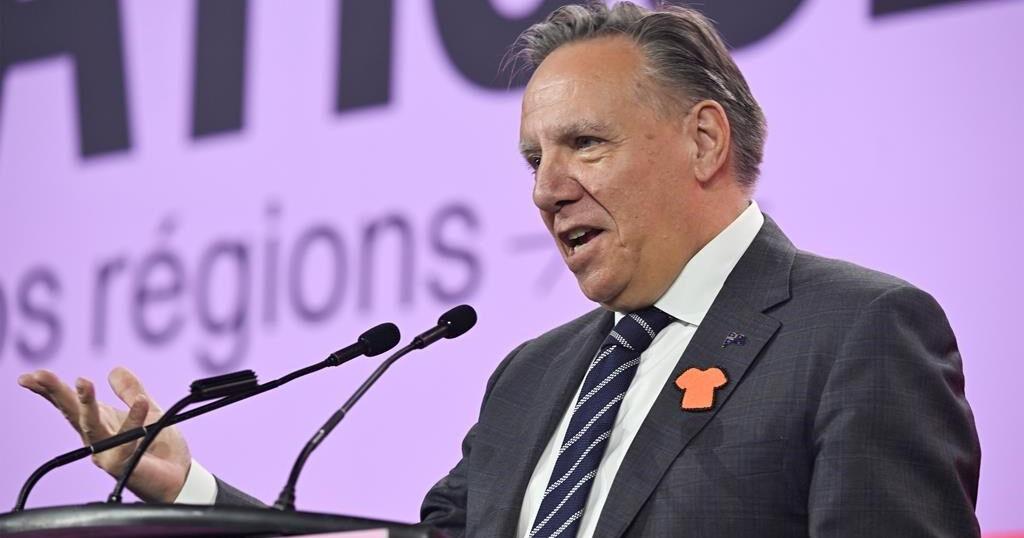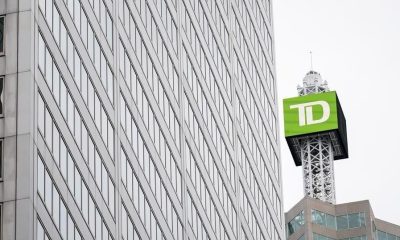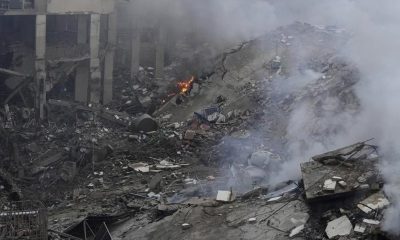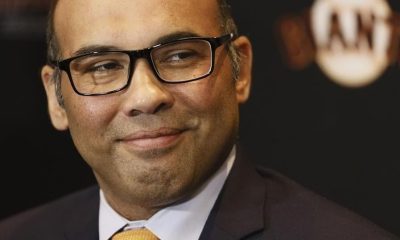PARIS – Quebec Premier François Legault says his government has asked Ottawa to set up “waiting zones” for asylum seekers, as is the practice in France.
Legault told reporters during a press conference in Paris on Tuesday that Canada should take inspiration from the European country. Waiting zones in Canada, he added, could be located close to airports or elsewhere on the territory.
The premier has for months been calling on the federal government to redistribute would-be refugees across Canada. He says Quebec is home to 45 per cent of asylum seekers in the country, despite accounting for just 22 per cent of the population. “So can we think about having waiting zones in other provinces?” he said.
In France, people arriving by boat, train or plane can be placed in a waiting zone at the border for up to 26 days if they are seeking asylum, if they are refused entry, or if they’re denied boarding to the country of their final destination.
Ahead of Tuesday’s cabinet meeting in Ottawa, federal Immigration Minister Marc Miller accused Legault of using immigration for political ends. “Secure zones are a completely different order of magnitude from anything that has been conceived in Canada. And it’s never been mentioned in our working groups,” he said. “I think Mr. Legault is desperately trying to keep the public’s attention on the immigration issue.”
Miller said he had “no idea” what exactly Quebec is calling for. “They’re just throwing it out there,” he added.
The minister said Quebec is home to four of the 10 post-secondary institutions with the most asylum seekers in the country. “Do they want to put these people in secure zones?” he said. “I don’t know.”
Former Quebec immigration minister Christine Fréchette sent a letter to Miller and federal Intergovernmental Affairs Minister Dominic LeBlanc, dated July 22, outlining the proposal. She suggested “setting up a secure transition site” to hold asylum seekers before they are transferred around Canada.
“We believe it is essential for the federal government to quickly set up and manage this transitional infrastructure across Canada,” she wrote.
Fréchette noted that “several countries, which are parties to the same international conventions as Canada, have set up such sites,” including France.
Last week, Prime Minister Justin Trudeau criticized Legault for his position on immigration in front of French President Emmanuel Macron, who was visiting Canada. Trudeau accused Legault of spreading falsehoods and dragging his heels on presenting a plan to reduce the number of asylum seekers brought in by the province.
Reacting on Tuesday, Legault defended himself against the charge of inaction, saying he will table a bill this week to set a maximum number of international students that Quebec will accept. There are currently 120,000 such students in the province.
Legault said an analysis of the impact his proposed student cap will have on schools is still underway, adding that the maximum number of foreign students per school has yet to be determined.
“So we’re acting on the part we control,” he said. Legault reiterated that Quebec has control over only 180,000 of the 600,000 temporary immigrants in the province, including 60,000 economic immigrations and 120,000 international students.
Trudeau has insisted that Ottawa has taken numerous steps to reduce the number of non-permanent residents in the country, including reimposing visas for Mexican travellers and adding admission criteria for temporary foreign workers.
This report by The Canadian Press was first published Oct. 1, 2024.
— With files from Émilie Bergeron in Ottawa

